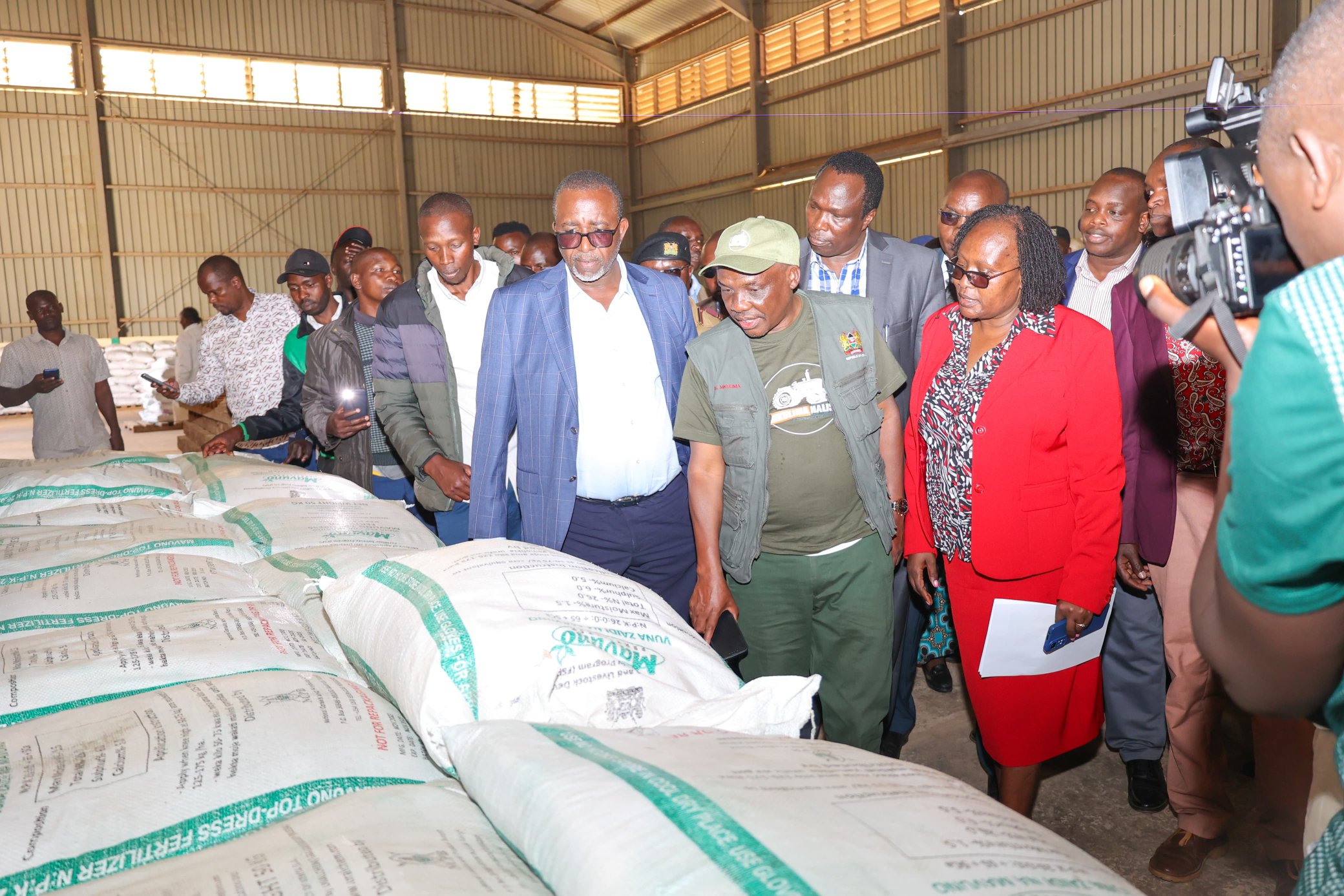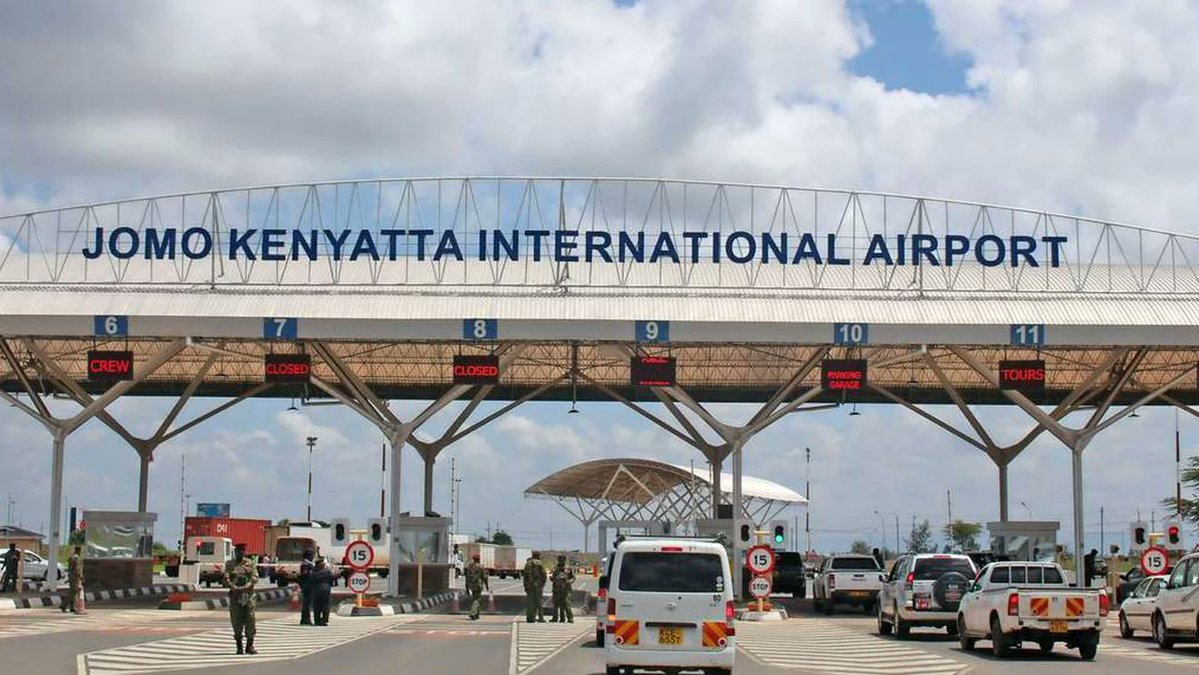The service sector accounted for the country's most employment opportunities compared to any other sector during the pre-pandemic and post-pandemic period according to a report released by the World Bank on Thursday, December 14.
Titled 'Kenya Poverty and Equity Assessment 2023' the report noted that the service sector was followed by the Agricultural sector which peaked during the pandemic period.
According to the report, the positive outlook was due to development in information technology, business services, banking, warehousing and insurance, distribution and logistics, education and health, tourism and recreation, finance, construction, engineering, and infrastructure.
"Services is increasingly becoming an engine of economic growth (Country Economic Memorandum 2023). In the decade to 2021, services activity drove about 70 per cent of the total increase in economic output: of the ten fastest-growing sectors from 2012 to 2021, all except construction were services," the report read in part.
Read More
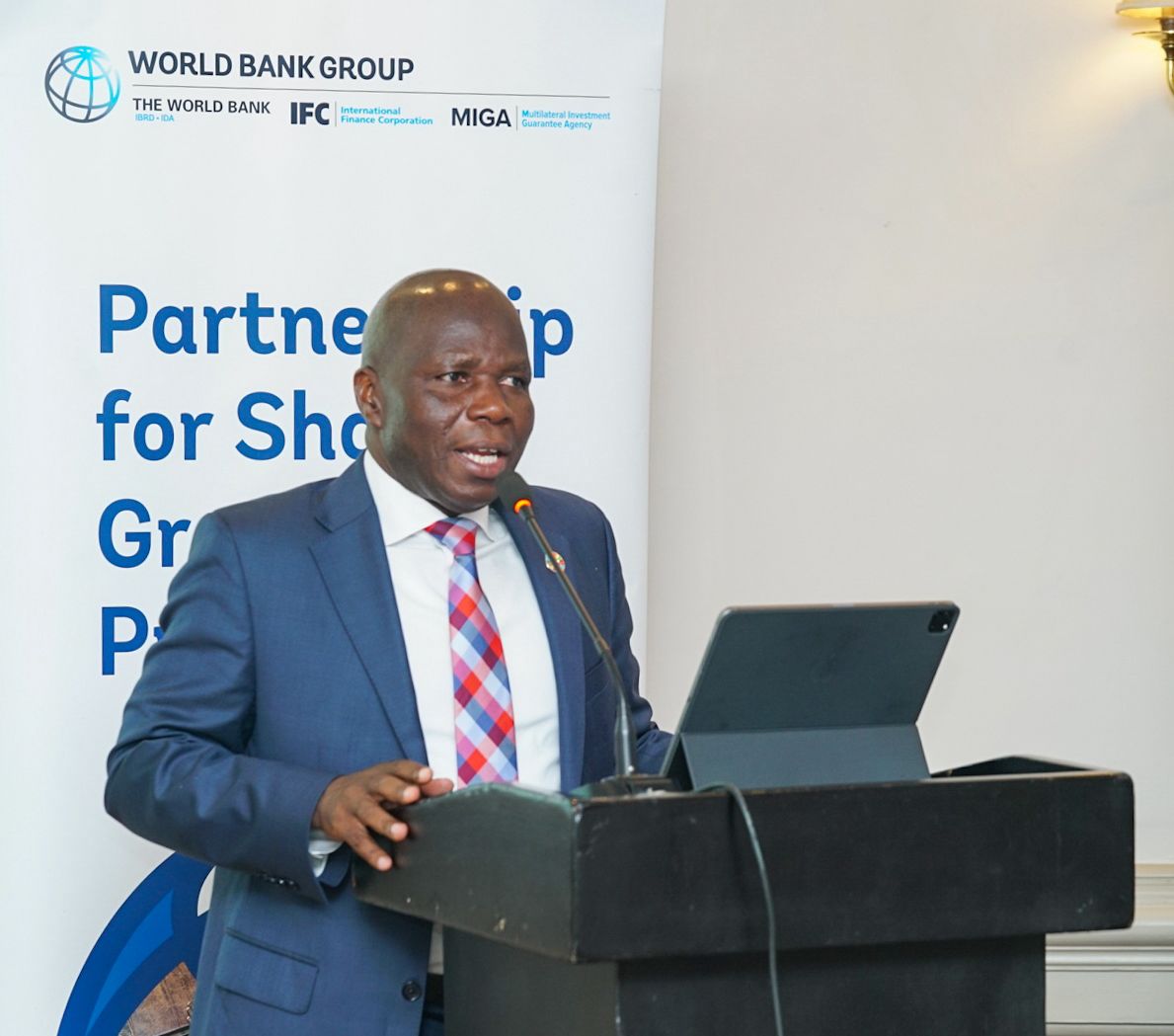
People living in urban areas majorly benefited from the opportunities offered in the service sector.
However, the World Bank observed that non-agricultural employment is more common in urban areas and among the non-poor.
"The poor continue to be heavily reliant on agricultural employment (57 per cent in 2019) compared to the non-poor (40 percent), while the non-poor have a larger share in wage employment. Further, the rural poor are even more dependent on the agricultural sector to provide employment, with their non-poor counterparts more often working in non-agricultural wage- or self-employment. In contrast, the urban poor have a slightly lower share in wage employment compared to the urban non-poor," the report detailed.
Nonetheless, the World Bank raised a concern indicating that the majority of Kenyans work in relatively less productive sectors of the economy. The 80 per cent majority work in sectors such as agriculture, wholesale and retail trade, accommodation and food services, social services, and other services.
84 per cent of the employed from poor households work in these lower productivity sectors.
"Overall, the poorest experienced the larger declines in employment and the slowest recovery. Between 2019 and 2020, the share of working-age in employment did not change. However, the national level hides heterogeneity across poverty status as well as location. For instance, the non-poor experienced an increase in employment while employment declined for the poor. There was a large increase in employment (7 percentage points) among the non-poor individuals between 15 and 24, suggesting that non-poor households may have utilized additional labour within the household during the pandemic to supplement household income. In rural areas, there was little change in employment among the poorest," the World Bank reported.
How Covid Affected Employment
According to the report which was released to help bridge the gap between the rich and the poor, employment moved into agriculture in response to the pandemic, remaining above its pre-pandemic share in 2021.

The initial onset of the pandemic resulted in the share of employment in agriculture increasing by 9 percentage points, driven by a 10-percentage point decrease in employment in the services sector.
By 2021, employment continued to be more concentrated in agriculture for the bottom 80 per cent of urban individuals, however, employment had returned to similar pre-pandemic shares among the richest urban individuals.
Recommendations to President Ruto
The data showed a widening gap between the poor and the rich in sectors of the economy. The Kenya Poverty and Equity Assessment (KPEA) report gave President William Ruto three key suggestions to reduce the gap.
KPEA recommended the Kenya Kwanza administration to connect the poor to the country's growth engine and economic transformation.
It also advised Ruto's administration to strengthen households’ resilience to adverse weather shocks and use fiscal policy effectively in support of inclusion.
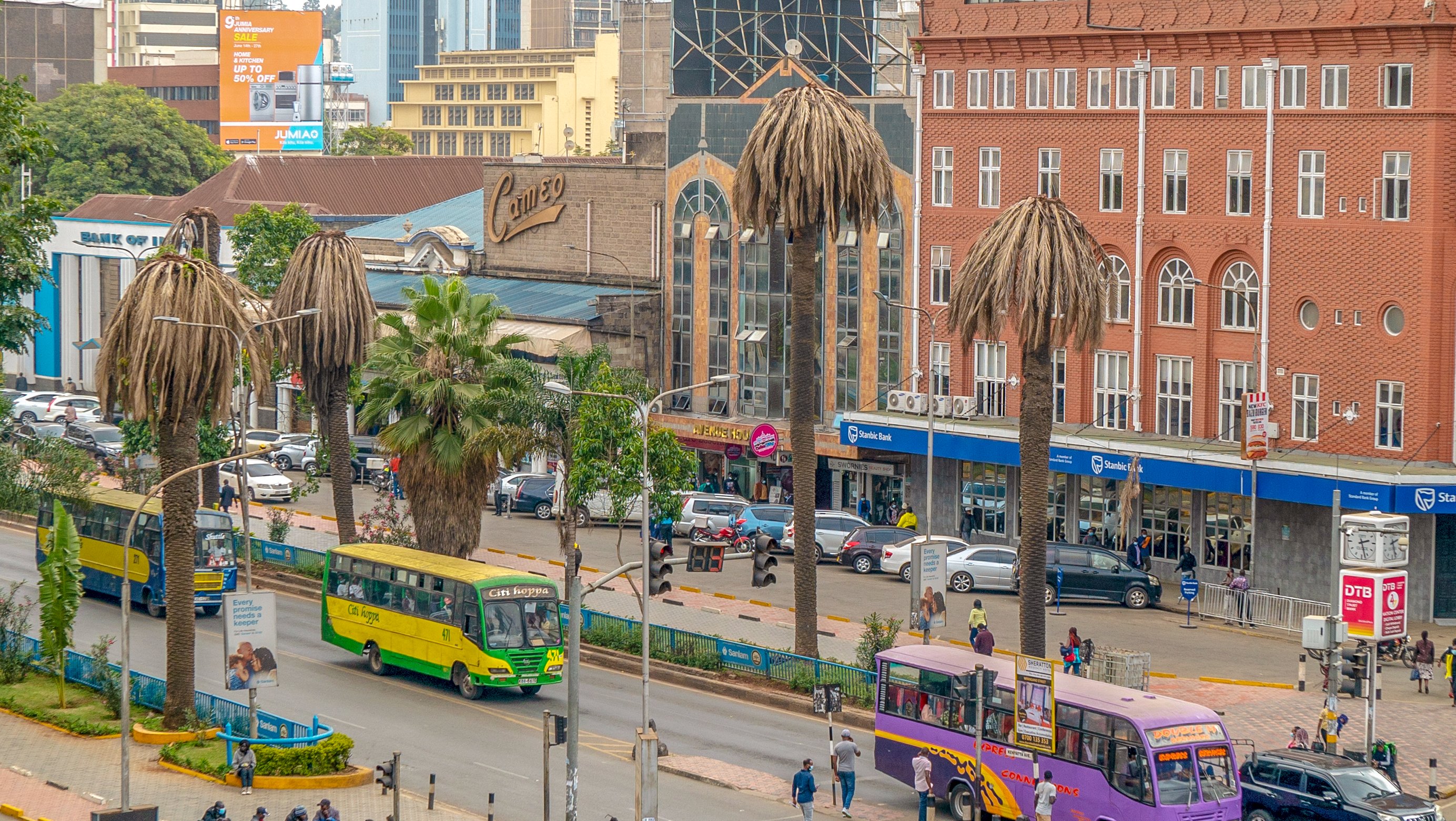
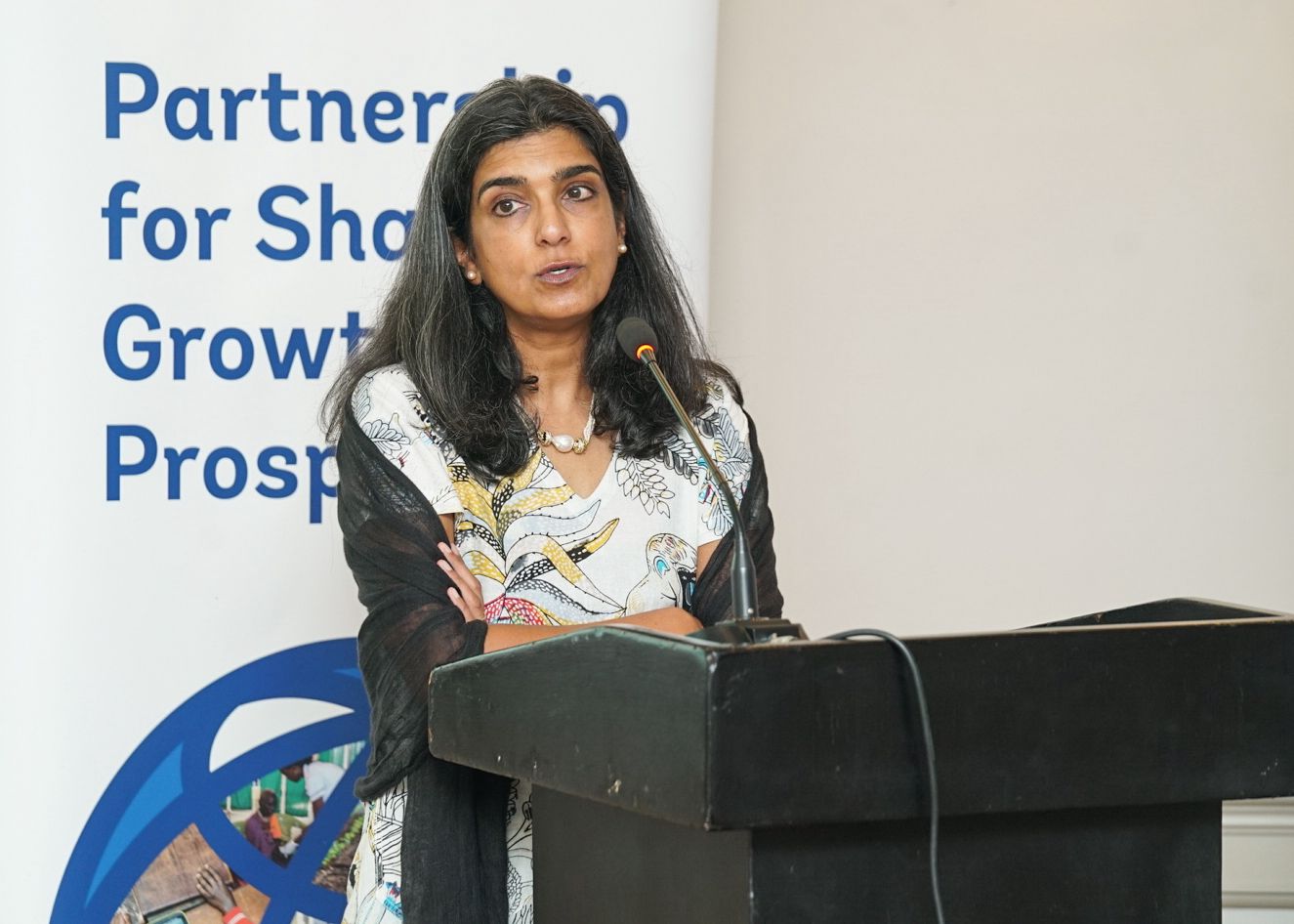

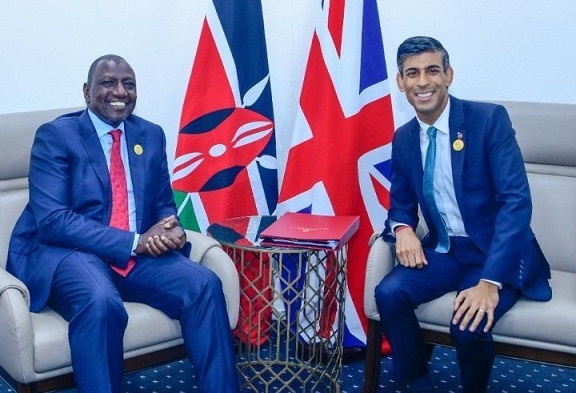


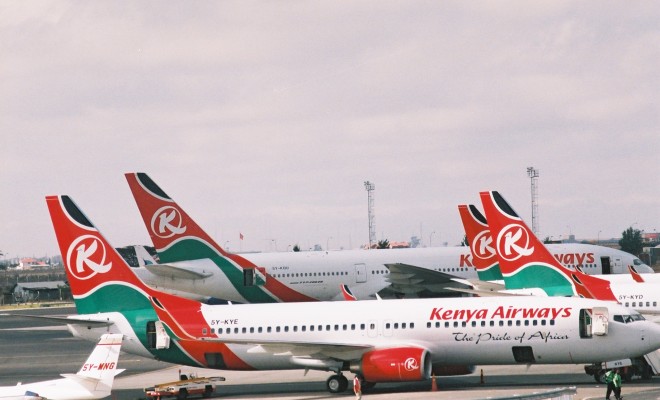
-1710390248.jpg)
-1714135201.jpg)

